Humans
Sign up for our newsletter
We summarize the week's scientific breakthroughs every Thursday.
-
 Health & Medicine
Health & MedicineAir pollution is triggering diabetes in 3.2 million people each year
A new study quantifies the link between smoggy air and diabetes.
-
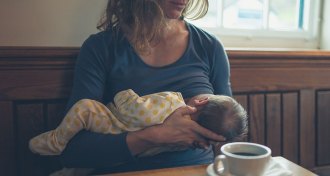 Health & Medicine
Health & MedicineNo matter their size, newborn stomachs need frequent filling
Studies on newborn stomach size help explain why the tiny humans need to eat so frequently.
-
 Genetics
GeneticsNorth America’s earliest dogs came from Siberia
North America’s first dogs have few descendants alive today, a study of ancient DNA suggests.
By Bruce Bower -
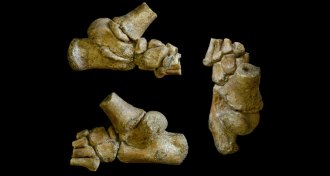 Anthropology
AnthropologyFoot fossil pegs hominid kids as upright walkers 3.3 million years ago
A foot from an ancient hominid child suggests that Lucy’s species, Australopithecus afarensis, walked early in life.
By Bruce Bower -
 Health & Medicine
Health & MedicineEvidence grows that an HPV screen beats a Pap test at preventing cancer
More research finds that a test for human papillomavirus infection catches precancerous cervical cells better than the standard test, a Pap.
-
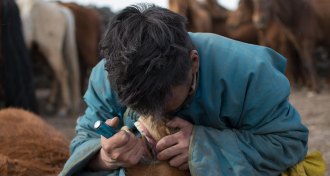 Archaeology
ArchaeologyMongolians practiced horse dentistry as early as 3,200 years ago
Horse dentistry got an early start among Bronze Age Mongolian herders.
By Bruce Bower -
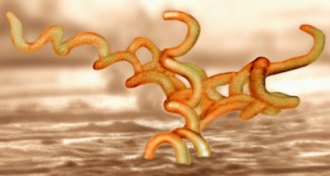 Health & Medicine
Health & MedicineFinally, there’s a way to keep syphilis growing in the lab
Scientists have figured out how to keep a sample of the bacteria Treponema pallidum alive and infectious for over eight months.
-
 Genetics
GeneticsThe study of human heredity got its start in insane asylums
‘Genetics in the Madhouse’ reveals how human heredity research began as a statistical science in 19th century insane asylums.
By Bruce Bower -
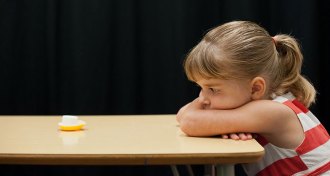 Psychology
PsychologyKids today are waiting longer than ever in the classic marshmallow test
Preschoolers wait longer for extra treats than they used to. What does it mean?
By Bruce Bower -
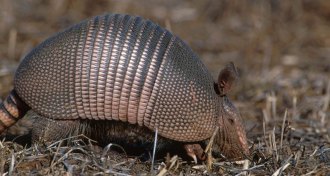 Life
LifeLeprosy lurks in armadillos in Brazil’s Amazon
Armadillos in the Brazilian Amazon are often infected with leprosy, which they may pass to people.
-
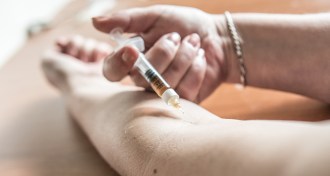 Neuroscience
NeuroscienceA brain chemical tied to narcolepsy may play a role in opioid addiction
Long-term use of opioids such as heroin is linked to having more brain cells that release a chemical that regulates wakefulness and arousal.
-
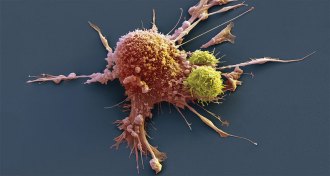 Health & Medicine
Health & MedicineHow to make CAR-T cell therapies for cancer safer and more effective
CAR-T cell therapy was approved by the FDA in late 2017. Now, scientists are working to tame the cancer treatment’s side effects.